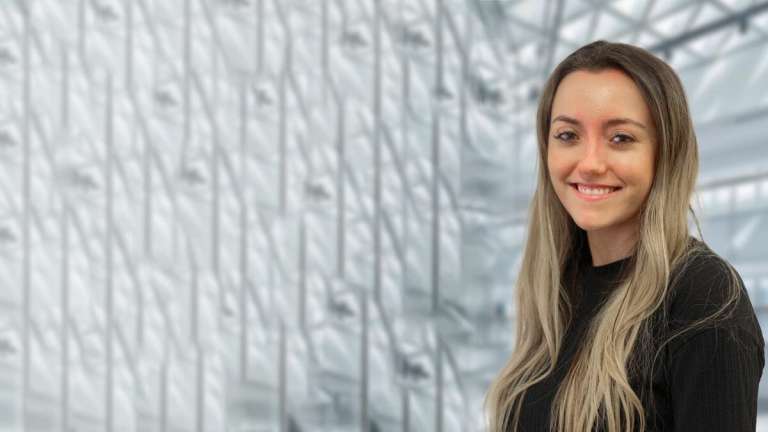The NHS invests almost £100k annually on natural homeopathic treatments, but this is set to change as doctors are asked to stop issuing prescriptions for homeopathy.
While many health experts practice homeopathy and claim the diluted doses of natural substances can heal the body, others say there is no medical evidence of its effectiveness.
“At best, homeopathy is a placebo and a misuse of scarce NHS funds which could be better devoted to treatments that work”, Simon Stevens, NHS England’s CEO tells the Independent newspaper, referring to the current £92,412 spend on these treatments.
Recommendations within a consultation document states GP’s should not prescribe homeopathic treatments in an attempt to reduce prescription costs: “Often patients are receiving medicines which have been proven to be ineffective or in some cases dangerous”, states the document.
In 2016, a total of 1.1 billion prescriptions were signed off by GPs at a cost of £9.2bn – an amount that needs to be reduced by health bosses through increased scrutiny of the medicines provided.
Other treatments expected to face an NHS ban include herbal treatments, lidocaine plasters, omega-3 fatty acids and unlicensed use of the painkiller co-proxamol, which was withdrawn from the market in 2007 following safety concerns.
In March 2017, it was revealed that NHS doctors would no longer provide travel vaccinations and prescriptions for hay fever tablets and gluten-free food for coeliacs.
“The NHS is probably the world’s most efficient health service, but like every country, there is still waste and inefficiency that we’re determined to root out,” added Mr Stevens.
Professor Helen Stokes-Lampard, chair of the Royal College of GPs, said it was appropriate to take “safe, sensible measures” to reduce prescription costs, which are “a significant expense for the health service”.
But she warned that forcing everyone to buy common medical items previously available on prescription risks “alienating the most vulnerable in society”.
Pryers are a leading national firm of Medical Negligence Lawyers. If you think you or a loved one have suffered, contact one of our friendly team today. Our dedicated team of lawyers and experts are well equipped to investigate and advise on all issues of medical treatment.





